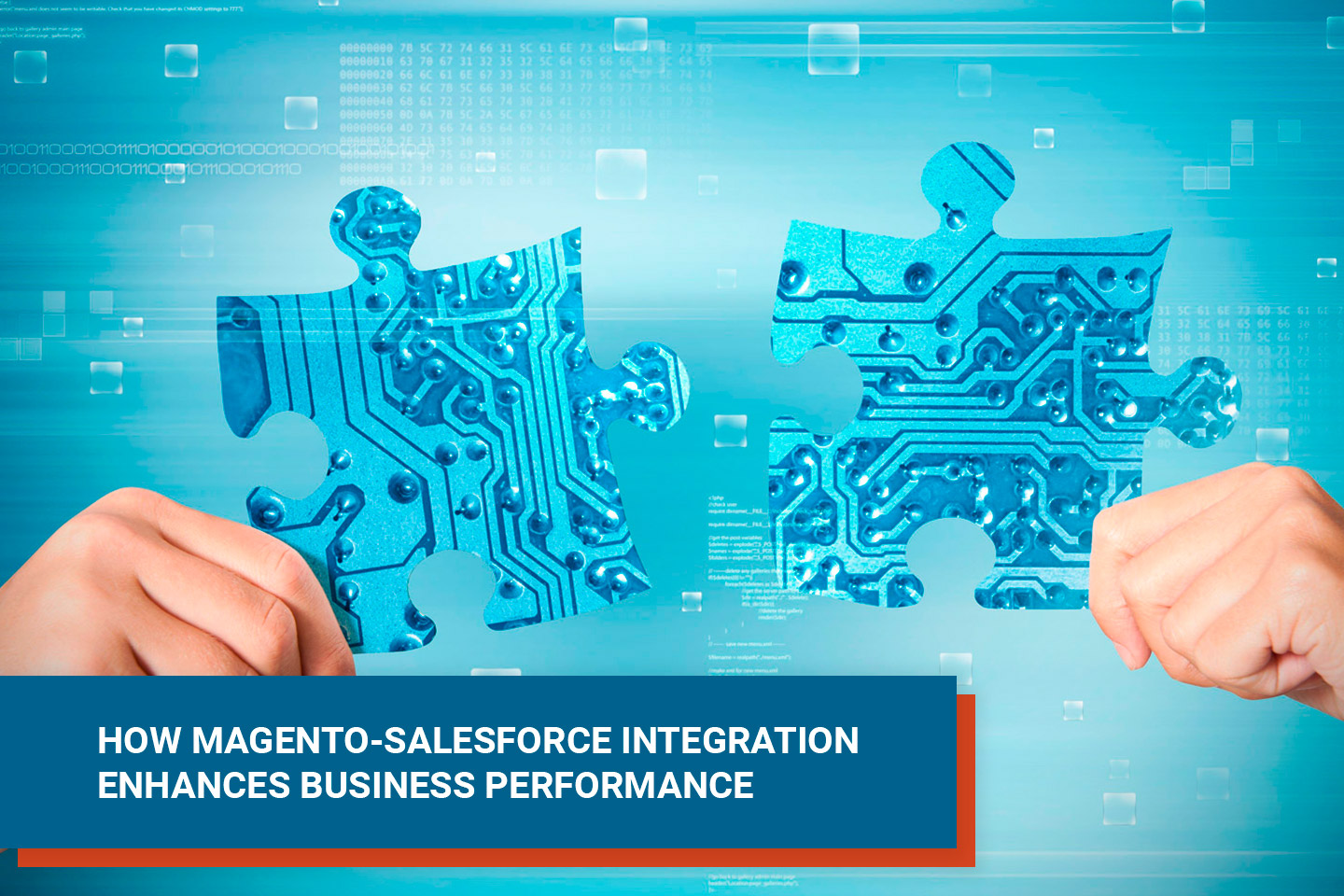Monthly Recurring Revenue for Non-Subscription Businesses
 Igor Krasnykh
·
4 minute read
Igor Krasnykh
·
4 minute read

Every business owner dreams of MRR (monthly recurring revenue). That’s why there are several subscription business models proving their marketability in the field.
But what if your business doesn’t intuitively lend itself to a subscription model? We’ve put together some of the best examples of real “non-cookie cutter” subscription businesses that are using the subscription model to succeed (without selling monthly boxes).
This article is for you if:
- wants to lower Customer Acqusition Costs (CAC) while increasing Customer Lifetime Value (LTV);
- wants to effortlessly reactivate their e-commerce customers;
- owns a business that can’t offer cookie-cutter subscriptions (e.g. fashion, hospitality);
- has customers who don’t need or want to repurchase the same things for themselves;
- doesn’t want to join the saturated subscription box marketplace, but still wants MRR.
For businesses that feel monthly recurring revenue is not a natural fit for them and want to take a different approach to recurring revenue, keep reading!
The Membership Model for Retail Businesses
Have you ever flown first class? Think about the way it felt to get the VIP treatment. If you haven’t, you have likely witnessed other first-class passengers and thought to yourself, “Wouldn’t that be nice?”
Launching a membership program has the potential to invoke the same feelings from your customers (and soon-to-be customers). Airlines set the standard for first-class treatment, which usually comes at a significant upcharge, but the concept is quickly catching on as a way to bring in MRR to a variety of niches. By providing additional perks in exchange for customer loyalty, patrons feel valued and special.
Big box retailers like Costco and Sam’s Club pioneered this model in the 90s. Individuals could get dramatic discounts on their groceries and household items by buying in bulk. But in order to enter the store, retail customers needed to have a membership. Today, e-commerce businesses have access to a digital toolbox which allows them to follow suit by offering membership options to their customers.
One of the most well-known examples of a successful e-commerce retail membership program is Amazon Prime. For $14.99 per month (or a one-time annual fee of $119), members receive free two-day shipping on eligible purchases, access to the Prime video, TV and music collection, unlimited reading, and more. The exchange of value is imminent, and because of that Amazon Prime has been a complete game-changer for online retail.
Advantages of a Retail Membership Program
The refreshing thing about creating a membership-based discount program is that businesses can be as creative as they want, making it truly unique to their brands. Here are some strategies companies have used to make VIP memberships enticing.
- Promotions and exclusive offers;
- Invitations to private events;
- Priority access to new products and services;
- White glove service;
- Birthday gifts and discounts;
- Access to social media groups where customers can interact with other VIP members;
- A tiered program with different levels of perks.
Everyone loves a bargain, but discounting your products alone has the potential to cheapen the value of what you offer. It is essential to find a way to discount your products and services in a strategic way, and VIP subscription programs are a great way to accomplish that. Memberships that offer discounts and exclusive benefits help foster customer loyalty because when a customer knows they are going to get the VIP treatment, they will stick around longer (which means more revenue for your business long-term).
Leveraging Discount Membership Program to Generate Monthly Recurring Revenue

You may have the assumption that a membership/VIP subscription discount program is not a natural fit for your business. While it is easy to imagine how this materializes in certain industries (such as airlines and hospitality), you may be struggling to realize how it could work in your situation. The following brands are breaking molds in the restaurant, fitness, apparel and software industries. Panera Bread In February 2020, Panera launched a that became wildly successful. How does it work? For $8.99 per month, customers can enjoy unlimited coffee, iced coffee or hot tea. According to Forbes, Panera’s 100-day, 150-unit test run showed a 200% growth of customer frequency and a 90-95% monthly renewal rate. Additionally, most of the customers — 70% — attached a food item to their coffee run. In July alone, Panera had 700,000 new sign-ups for the service. The math says that’s $6,293,000 in additional revenue (not including the extra menu items purchased by the coffee-drinkers). Youfit YouFit Health Club’s Lime Card allows customers to “squeeze” the most out of their monthly memberships. For $24.99 per month, VIP members receive:
- Unlimited access to YouGX group classes;
- The option to bring a guest with every visit;
- Unlimited access to all Youfit locations;
- A free YouCoach fitness assessment;
- Half-price drinks.
At a tier below, members pay $15 a month for single-club access and a YouCoach fitness assessment. For an extra $9.99, VIP members receive many valuable extras. Savage x Fenty Savage x Fenty, Rihanna’s lingerie brand, charges VIP members $49.95 per month, which can be used toward purchases. Members receive a 25% discount on full-price items and gain access to exclusive deals, including the Xtra VIP box that includes styles curated by Rihanna or a special guest of her choice. As an added layer of convenience, customers have the option of skipping their payment (and benefits) between the 1st-5th of every month before they are charged on the 6th. (This is the type of flexibility customers love!) As Victoria’s Secret’s traditional retail model struggles to survive through the coronavirus pandemic, Savage x Fenty’s innovative subscription model continues to flourish with an annual revenue estimated at $150 million. Adobe While Adobe does not make their VIP discounts public, the software company is offering big savings to members behind the scenes. Adobe offers subscription-based licensing to its Creative Cloud, Acrobat DC, Adobe Stock, Captivate and Presenter Video Express. Adobe’s products are the industry standard for many use cases. From small workgroups to large enterprises, Adobe’s VIP perks allow organizations of all sizes to tap into discounted rates that make the desired products more obtainable. Its structure is a powerful example of how companies can use exclusive discounts to drive major bulk purchases. Adobe offers subscription periods of one year, 18 months or three years, with the discounts piling on as the commitment length increases. Additional discount tiers can be unlocked the more licenses are purchased, and predictable annual rates allow businesses to plan around their budgets. Additionally, subscribers always have access to the latest software versions. It’s easy to monitor and control with the Magento 2 subscription and recurring payments extension.
Wrapping up

As the subscription economy continues to prove its profitability (even in an economic downturn), the above companies are proving how membership-based VIP programs offer an incentive to keep customers engaged. We hope that these examples have inspired you to think outside the box on how a VIP program could generate a dependable boost of monthly recurring revenue for your business.
At PowerSync, we are passionate about helping recurring revenue businesses thrive. Just as we believe a subscription revenue model is possible for absolutely any business in any industry, we also believe membership and VIP subscription discount programs can be part of the blueprint.
Let us help you get started by scheduling a strategy session with an e-commerce expert. During the conversation, a PowerSync e-commerce expert will guide you with recommendations based on your industry, target audience and other factors. Our strategy sessions are valued at $997, but if you mention this blog article the first one is on us.



